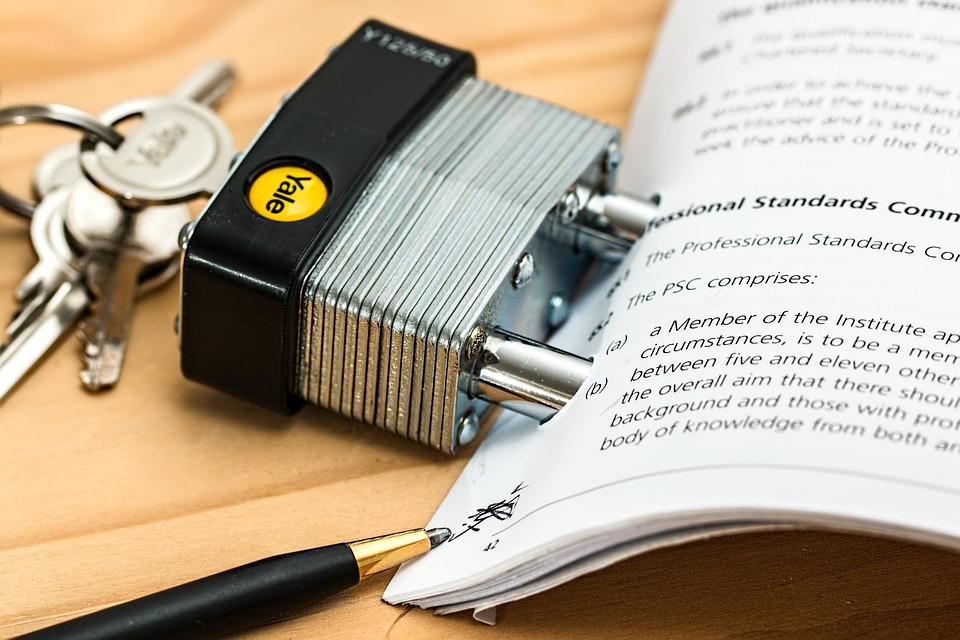Essential Skills and Responsibilities for the In-Demand Director of Contracts Role: A Guide for Job Seekers
In today’s fast-paced business environment, the role of the Director of Contracts has emerged as a pivotal position within organisations. This high-stakes role not only demands a robust set of skills but also a deep understanding of contractual law and business strategy. For those eyeing this position, it’s critical to equip oneself with the right tools and knowledge.
1. Strategic Vision
A Director of Contracts must possess a strategic mindset. This means understanding not only the immediate ramifications of a contract but also its long-term implications for the business. Consider the words of renowned business strategist Michael Porter, who emphasised the importance of aligning contracts with overarching business objectives. This alignment ensures that contracts serve as both protective measures and catalysts for growth.
2. Negotiation Mastery
Negotiation is an art form, and nowhere is this more evident than in contract management. A successful Director of Contracts must navigate complex discussions with a myriad of stakeholders, from vendors to internal departments. Mastery in negotiation involves not just securing favourable terms but also fostering relationships that can withstand the test of time. Techniques such as active listening and empathetic communication are invaluable here. Are you prepared to handle the pressure of a high-stakes negotiation table?
3. Regulatory Acumen
In an era of heightened scrutiny and compliance, understanding the regulatory landscape is non-negotiable. This role requires a comprehensive grasp of not just local laws, but also international regulations that may impact contracts. The intricacies of data protection laws, for instance, have become increasingly relevant. How does one stay updated in such a fast-evolving environment? Continuous professional development and networking with legal experts can keep one ahead of the curve.
4. Risk Management
Identifying and mitigating risks associated with contracts is vital. This aspect goes beyond mere compliance; it involves a proactive approach to foresee potential pitfalls. A Director of Contracts should employ risk assessment techniques, such as SWOT analysis, to evaluate each contract’s strengths, weaknesses, opportunities, and threats. This strategic outlook can save organisations from costly disputes and reputational damage.
5. Technological Proficiency
The digital age has transformed contract management. Familiarity with contract management software, e-signature platforms, and data analytics is essential. These tools not only streamline processes but also enhance accuracy and accessibility. Are you leveraging technology to its fullest potential? Staying abreast of emerging technologies can provide a significant competitive edge.
6. Leadership and Team Development
Beyond technical skills, the Director of Contracts must be an effective leader. This role involves guiding a team, fostering collaboration, and nurturing talent. Providing mentorship and training opportunities can empower team members and elevate overall performance. A strong leader not only drives results but also cultivates a positive work culture.
Charting Your Path Forward
Aspiring to the position of Director of Contracts requires more than just ambition; it necessitates a blend of skills, knowledge, and personal attributes. With the right preparation, job seekers can position themselves as valuable assets to any organisation.
Visajob.co.uk remains committed to supporting your journey towards securing a job in the UK, particularly in roles that require sponsorship. Whether you’re navigating the nuances of contract law or honing your negotiation skills, we’re here to help you every step of the way.




